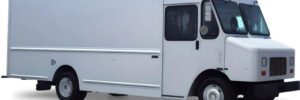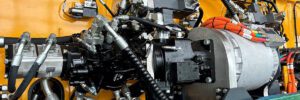
Danfoss Power Solutions’ Editron division has delivered its first eHydraulic Power Module to global crane manufacturer SANY. SANY will use the module to electrify a 200-tonne lattice-boom crawler crane.
SANY launched the electric crane earlier this year. The company is working to develop fully electric versions of its higher-capacity crawler cranes, having previously electrified its lower-capacity models.
Danfoss supplies Editron motors and D1P pumps for SANY’s 80- to 150-tonne cranes. For its 200-tonne platform, SANY opted for an integrated Danfoss eHydraulic Power Module to power the traction and work function systems.
The eHydraulic system integrates a Danfoss Editron PMI375-T1100 synchronous reluctance assisted permanent magnet motor with a Danfoss D1P 260-cc variable-displacement axial piston pump. The system is optimized to deliver peak performance and maximize hydraulic system efficiency, extending machine runtime on a single charge. The full hydraulics system also includes a Danfoss Series 90 pump and PVG 128 valve.
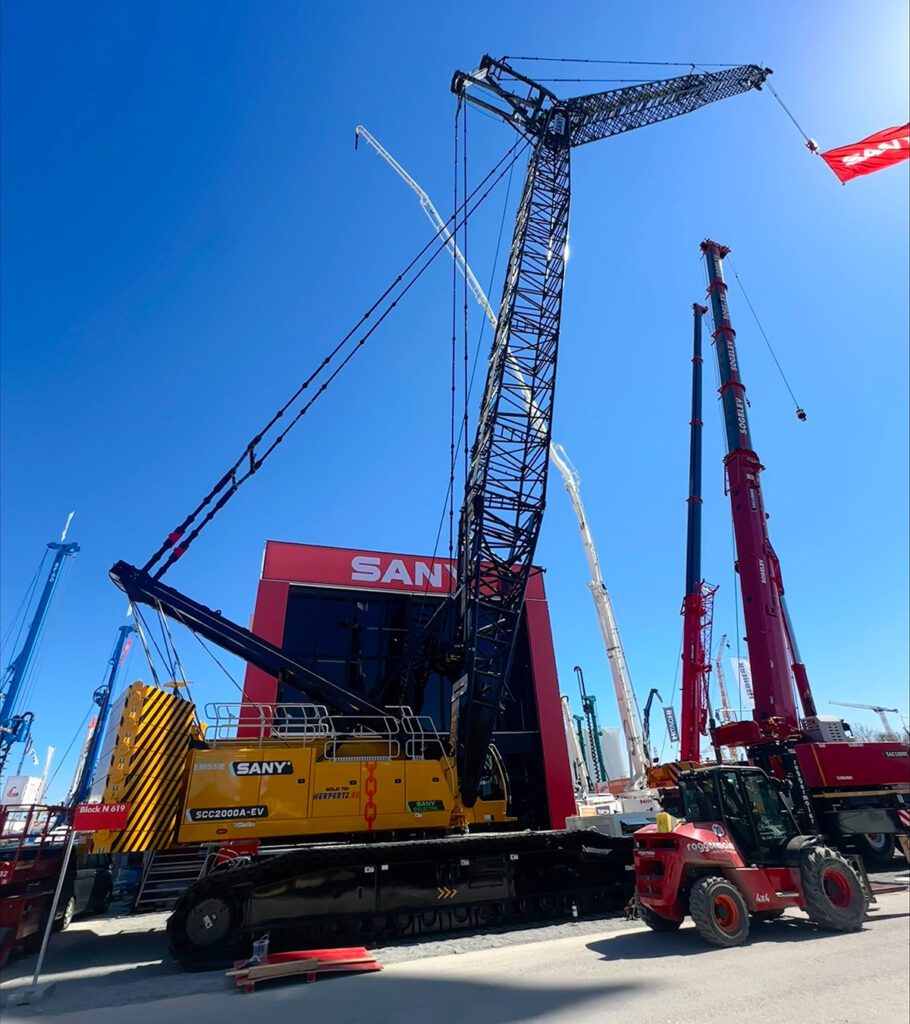
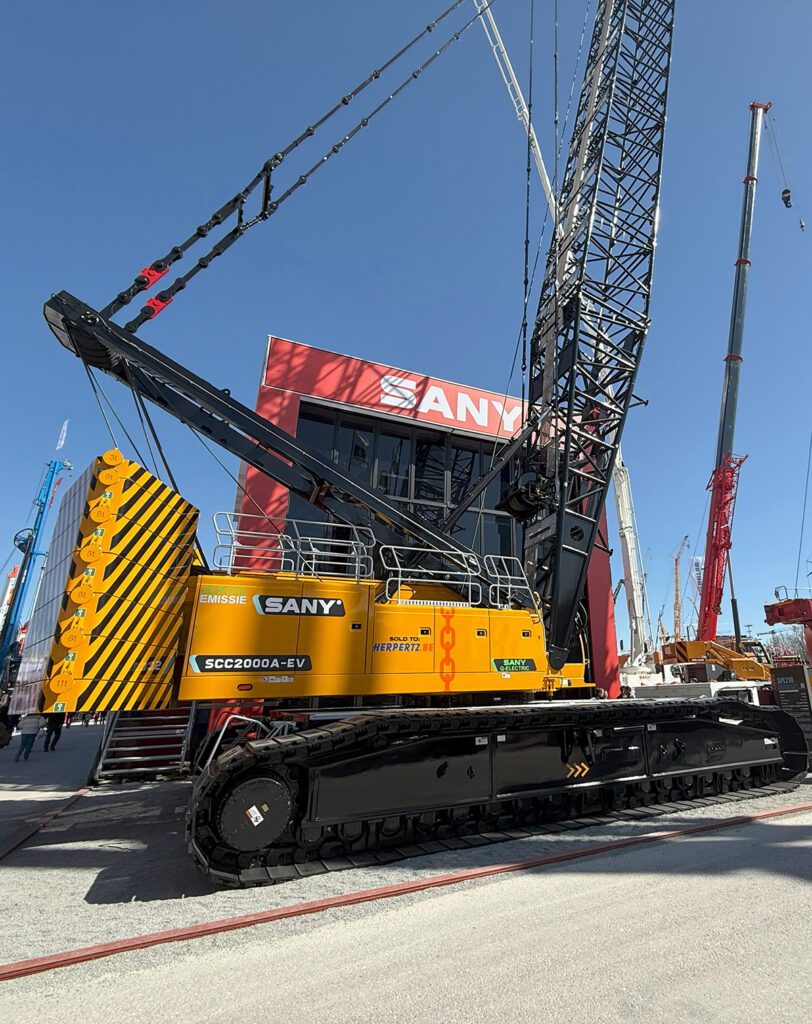
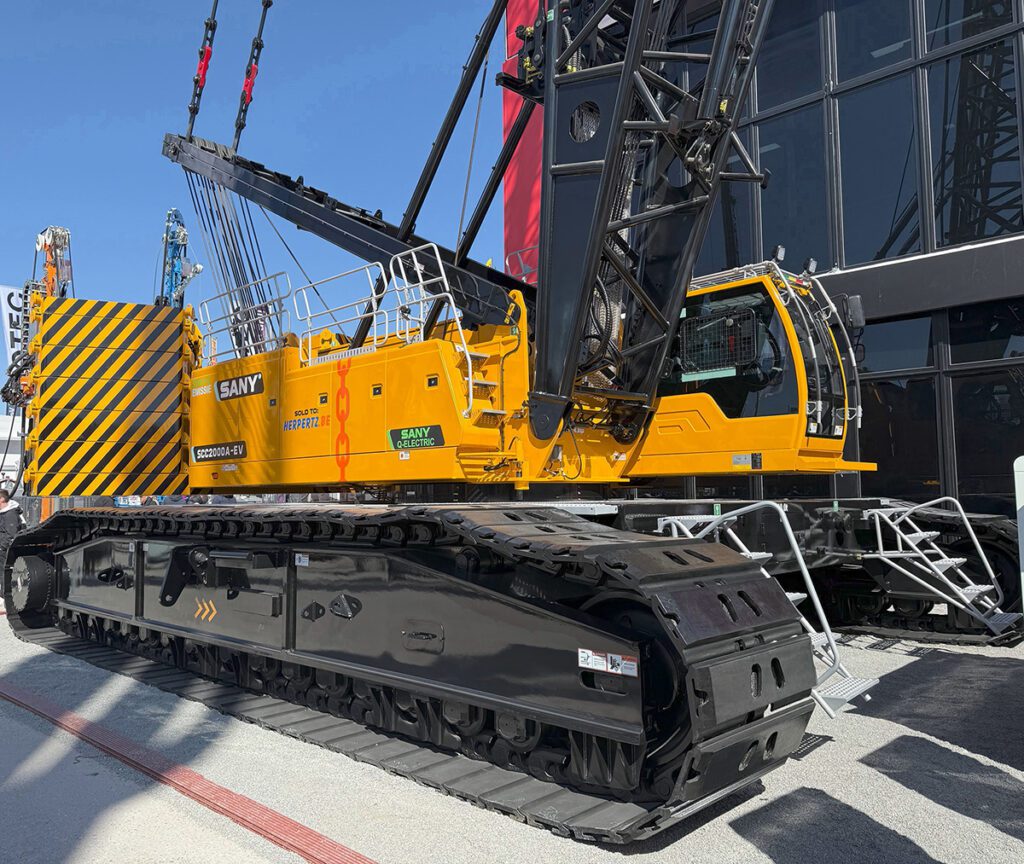
Supplying the electric motor and hydraulic pump as an integrated package eliminates the risk of noise, vibration, and component damage that can arise when using a flexible coupling to join the components, according to Danfoss. It also simplifies installation, as there’s no need for the OEM to connect the components.
“Building a solution for SANY’s high-capacity platform with the Danfoss integrated eHydraulic Power Module marks a milestone,” said Roy Chen, President of Danfoss Power Solutions’ Editron division. “eHydraulics represents the future. Together with our Controls division, we have designed a system combining our D1P pump and Editron motor while tuning controls algorithms to maximize efficiency.”
“Conventional hydraulics still plays a role in the electrification of heavy machinery, particularly machines of this size,” said Henrik Jørgensen, President, Controls division, Danfoss Power Solutions. “By integrating Danfoss’s advanced hydraulic solutions and electrification technology, we are empowering a smooth transition to more sustainable operations.”
Source: Danfoss Editron



